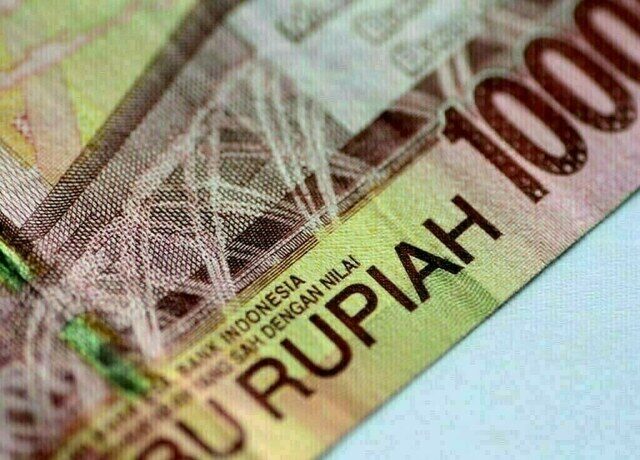BENGALURU: Indonesia’s rupiah fell to its lowest in more than five months on Wednesday ahead of the central bank’s monetary policy decision later in the day, while the Thai baht stalled around a seven-week low as dollar remains dominant.
The rupiah slid as much as 0.4% to 16,318 per dollar, a level not seen since late July last year. The currency is down more than 1% against the dollar so far this year, and has lost around 8% from its September peak.
Bank Indonesia (BI) is expected to stand pat on its main interest rate at 6.00%, as per a Reuters poll, as the central bank prioritises stabilising the rupiah following recent volatility.
“The possibility of BI keeping rates high for an extended period of time as they prioritize IDR stability, can on its part limit weakness for the currency,” analysts at Maybank said.
A strong US jobs report last week has cemented bets of a much shallower easing cycle by the Federal Reserve than previously expected.
That pushed the dollar to 26-month highs earlier in the week, while the yield on the 10-year Treasury bills
is circling a 14-month high.
Like most emerging countries, Indonesia has been hit hard by spiking US yields and the dollar’s rally, a tightening of financial conditions that is restricting BI’s ability to ease policy.
According to Goldman Sachs, Indonesia’s financial conditions have deteriorated sharply since late September, mainly due to the rise in long rates and decline in equities.
Meanwhile, an index of emerging market currencies
was trending slightly higher on the day, rebounding from an over six-month low it fell to on Monday.
The Thai baht was down 0.4%, hovering around its weakest level since mid-November last year, while currencies in Malaysia, Singapore, and Taiwan drifted marginally lower.
South Korea’s won gained 0.2% while the Kospi index crept higher. Traders were unfazed by the arrest of impeached President Yoon Suk Yeol over insurrection allegations.
The Bank of Korea (BoK) is expected to deliver a quarter-point rate cut on Thursday, a month earlier than previously expected, as it aims to support the economy which is facing political uncertainty, massive capital outflows and a sharp spike in unemployment.
“This (BoK rate cut) should work against the KRW (won), but the priority will be to support growth,” Min Joo Kang, senior economist for South Korea and Japan at ING, said.
Most equity indexes in the region were trending at or near multi-month lows. Reassessment of interest rate cuts in emerging economies, alongside uncertainties around incoming US President Donald Trump’s tariff policies has pressured stocks.
















